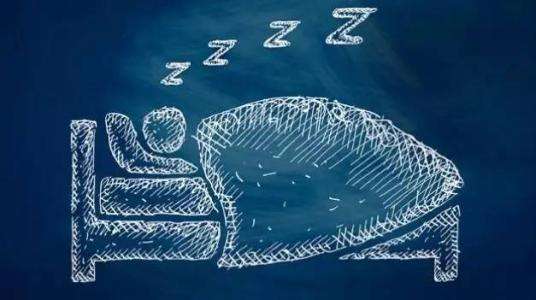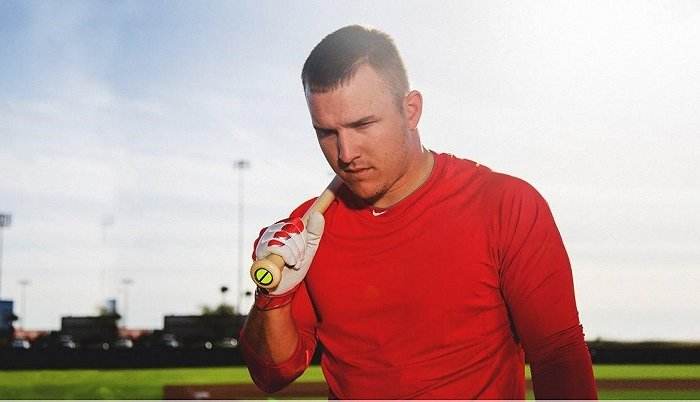
Sleeping Tips from Pro Athletes
Advertisement
The San Jose Sharks hold the National Hockey League NHL's road record for the 2015-2016 season, meaning they've won the most games away from home. If you ask the secret to that success, their team’s sleep expert Mah will tell you, they prioritize sleep.
It is more important for west coast teams as they play through more different time zones than other teams. There are 4 time zones in US, the west coast is 3 hours behind east coast).

While sleep is important for everyone, it may play a specific role for elite performers. Sleep can impact cognitive and physical performance, as well as training, recovery and overall health.
There are many studies carried out on the impact of sleep quality on athlete’s performance during the game. Although general public believe that sleep deprivation will influence performance, however there are too many other factors, not all research is so conclusive. According to William G. Herbert at Virginia Tech, while he agreed that aerobic and muscular power may not be affected by sleeplessness, most complex athletic activities require fine motor skills, such as visual tracking, decision making, vigilance, and others, which are affected by sleep loss.
“In the case of elite professional athletes, it is especially important that they have to ensure quality sleep so not to affect performance while they travel across time zones significantly.”
Advertisement
What we can learn from those winning athletes?
1. Make sure you get enough hours of sleep every single night
Although it varies depends on individual. Shark’s team sleep expert Mah recommends 8 to 10 hours of sleep for her players, the typical recommendation is 7 to 9 hours for most adults.
2. Follow a wind down routine
“A wind down routine is key for transitioning from the day to preparing for sleep,” Mah said. She recommends that the athletes she works with spend 20 to 30 minutes stretching or practicing yoga before hitting their sheets and use the time strategically to process their thoughts which helps them to sleep faster.
3. Nap when needed
Naps are very commonplace for professional athletes. Athletes often nap after practice, before games, on flights or during any down time they have. Many athletes find it easiest to nap in the afternoon because there is a sleeps dip in the circadian clock then.
Advertisement
- Previous article
- Most Loyal Dog in Bolivia
- Next article
- World First Energy Storage System On Gravity Built in UK
Advertisement
OTHER NEWS

Social methods: The phone calls make us feel better than text communicating
BY Diana

Why is milk in gallons but Coca-Cola is bottled in litres?
BY Sandra

Local News’ Transition to Paid Content In the Context of Layoffs, Mergers and Bankruptcies II
BY Jessica

Can Blue Light Filter Improve Sleep Quality?
BY Janice

Genetic factors have significant impacts on the risk of sex crimes
BY Paula

British experimental Nuclear Fusion Reactor successfully ignited
BY Helen
RECENT NEWS
-

PUBG Mobile Esports Generated 200 Million Hours of Viewing in 2020
-

Mario Kart Tour Races to $200M revenue and 200M Downloads
-

Game Acquisitions Expand Globally in Q1 2021 with 280 Deals Worth $39 Billion Surpassing That in 2020
-

Free Fire Shows Strong Momentum, with Its Revenue Overtaking PUBG Mobile in a Single Market for Q1 2021
-

The Games Fund Launched a $50 Million Early Investment Fund to Invest in American and European Companies
-

How to Download and Install Wyze App for Free?
 1
1 1
1